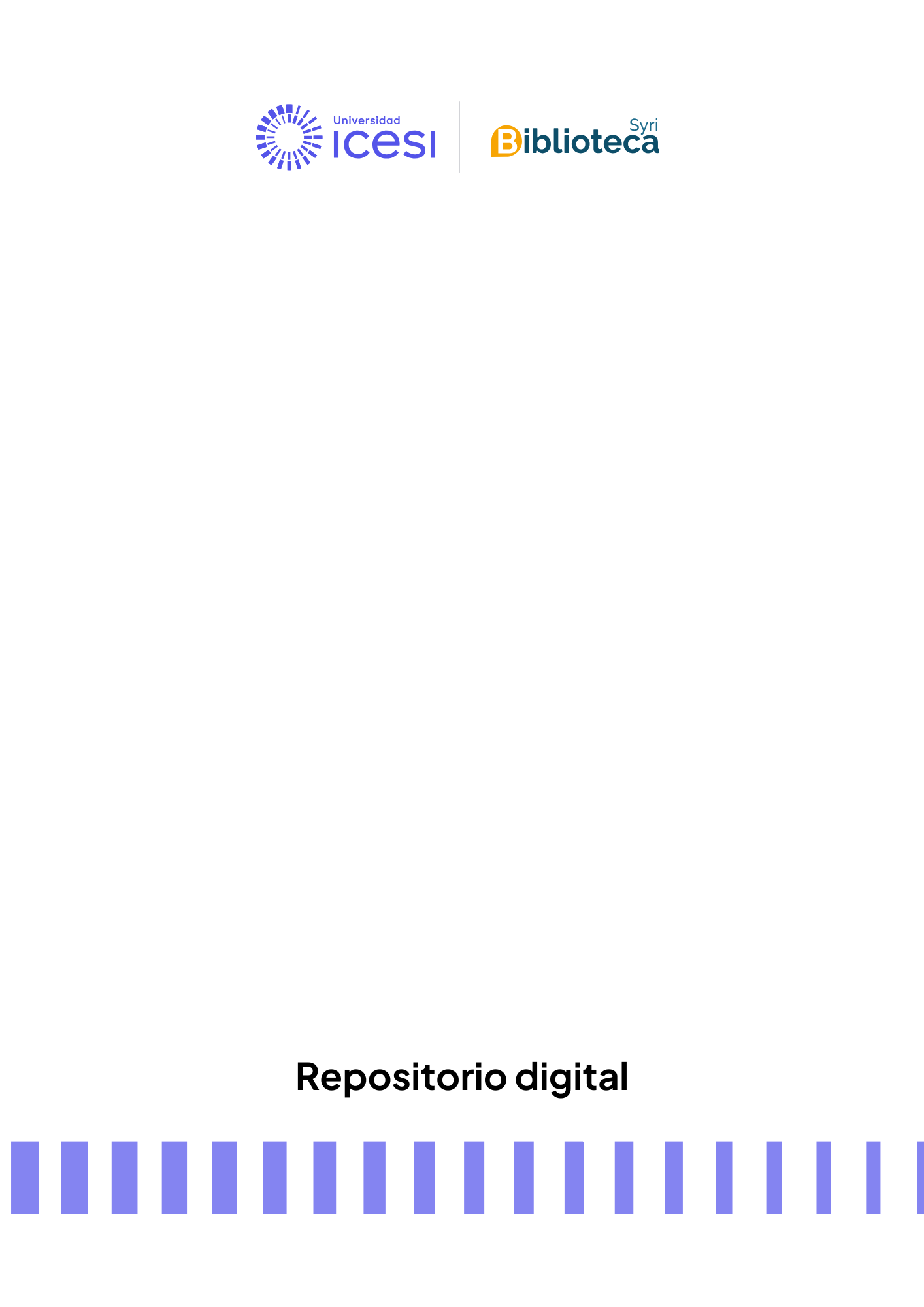Optimal speed advisory: a vehicular networks application focused on decreasing CO2 emissions

Archivos
Fecha
Autores
Director de tesis/Asesor
Título de la revista
ISSN de la revista
Título del volumen
Publicador
Editor
Compartir
Resumen
Whilst the number of vehicles moving through the streets growths exponentially, the high density vehicular flow is now a mobility and a public health problem for governmental institutions and people, since the time of travel, gasoline consumption, and greenhouse gas (GHG) emissions have suffered an important increase. Hereby, several research projects aim to reduce the impact of this increase using new technological platforms like the so-called Vehicular Networks (VN), which are focused on the establishment of wireless connections between automobiles and/or fixed infrastructure. In this context, and aiming to reduce the potential carbon footprint of the vehicles, we have developed an application for the simulation of a VN using two software applications: SUMO and OMNeT++. The application we developed sends information packets directly to the cars about the adequate speed in a given area, optimizing the fuel usage and reducing the GHG emissions. Results show that when vehicles follow the speed (previously studied), the gasoline consumption and the GHG emissions present a considerable decrease compared to the vehicles not running at that speed.

